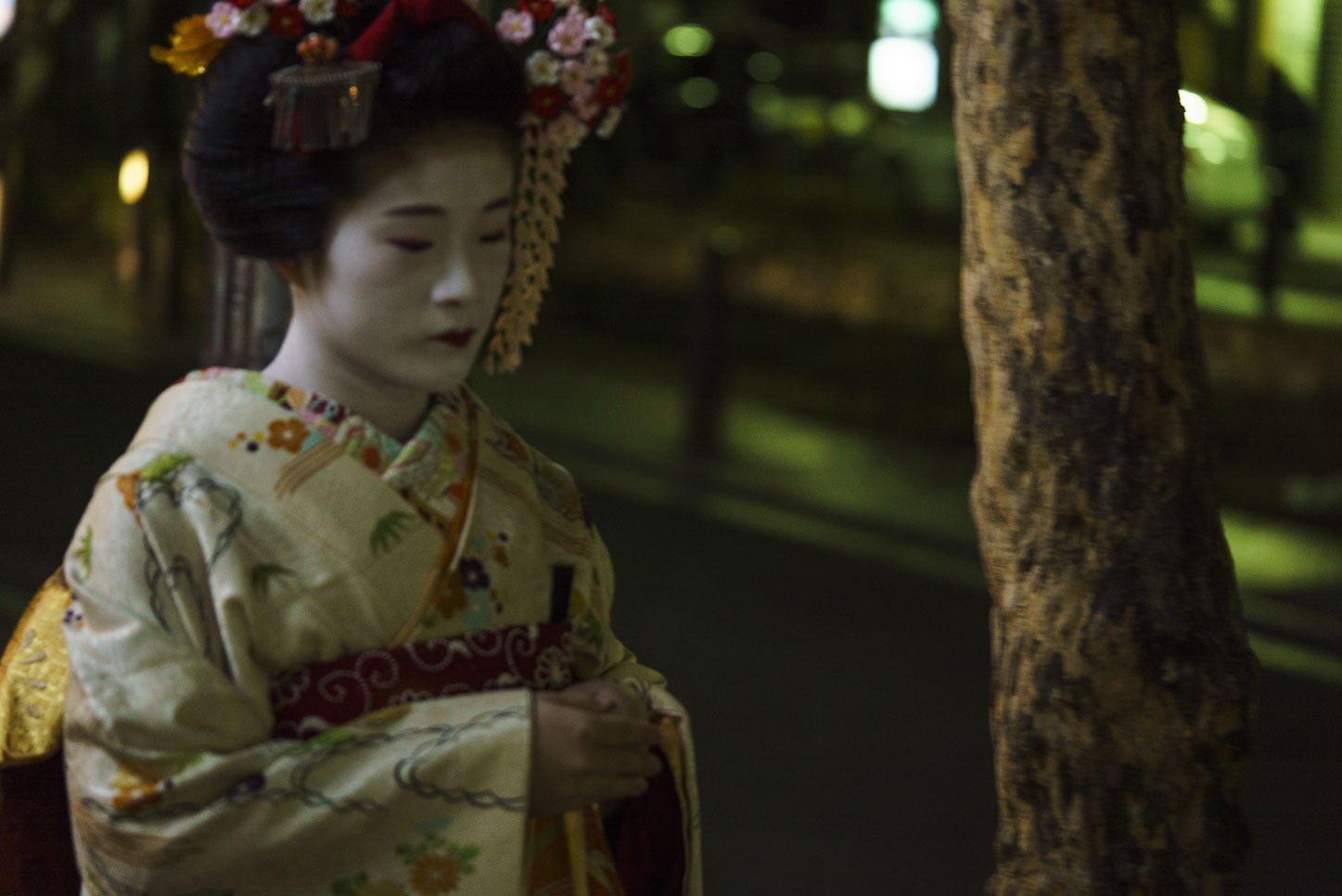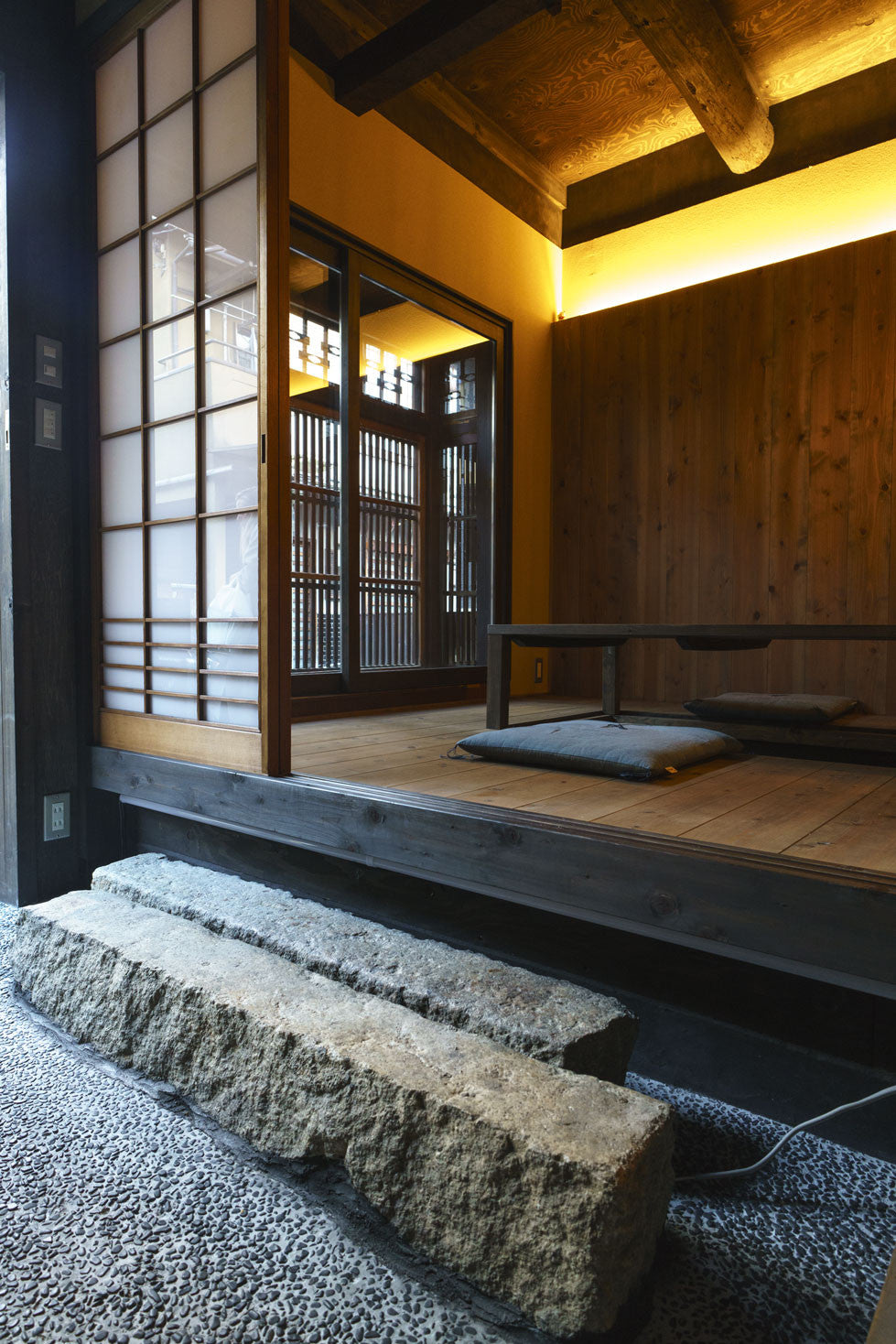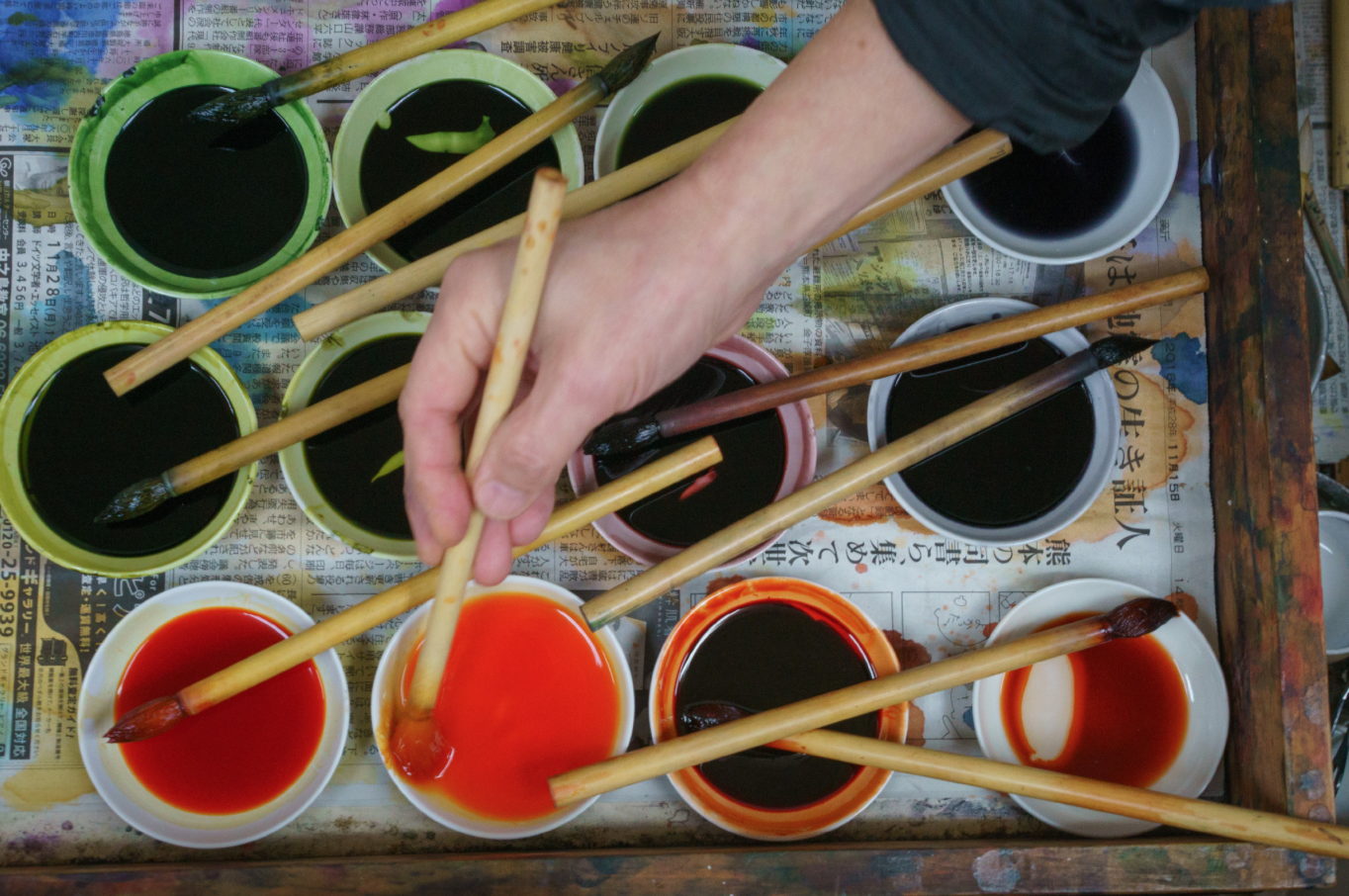
KYOTO, JAPAN
Travel Notes
Kyoto was the Imperial capital of Japan for over a thousand years, which left an indelible imprint on the city’s charm and old world sophistication. Here, tradition harmoniously balances with modernity. A manicured state of nature melds into urbanity. Rich in meticulously preserved history, this is where one truly begins to understand the roots of Japanese culture.
Yen
Time Zone
Japanese Standard Time
Japanese
Local Cuisine
Tempora, Udon
Year-round
Dress Code
Kimono-inspired silks
WHERE TO STAY

HASU KYOTO
231 Iwatakicho
Shimogyo-ku, Kyoto-shi, Kyoto 600-8115
HOSHINA KYOTO
11-2 Arashiyama
Genrokuzancho, Nishikyo-ku
Kyoto-shi, Kyoto 616-0007
+81 50 378 6114
FOUR SEASONS KYOTO
445-3 Myohoin Maekawa-cho Higashioji-dori
Shibutani-sagaru, Higashiyama-ku, Kyoto 605-0932
+81 75 541 8288
WHERE TO DINE
MISOKA-AN KAWAMICHI-YA
295 Shimokusancho
Fuyamachi-dori Santo Agaru
Nakagyo-ku, Kyoto
+81 75 221 2525
GION ENDO
566 Komatsu-cho
Higashiyama-ku, Kyoto 605-0811
+81 75 551 1488
OZU MAISON DU SAKE
25 Konoe-cho
Kamigyo-ku, Kyoto 602-8019
+81 75 411 4102

WHERE TO SHOP

SOHYA KYOTO
Chiso Building 2F
80, Mikuracho, Nakagyo-ku
Kyoto-shi, Kyoto, 604-8166
+81 75 211 2531
YDS SHOP & GALLERY
Shinmachi Dori
Kyoto-shi, Kyoto, 604-0013
+81 75 211 1664
MORITA WASHI
1F Kajinoha Building
298 Ogisakaya-cho
Higashinotoin-dori Bukkoji agaru
Shimogyo-ku, Kyoto 600-8095
+81 75 341 1419
WHAT TO DO
TEA CEREMONY
YUHISAI KOUDOUKAN524-1 Mototsuchimakidado-cho
Kamigyo-ku, Kyoto 602-8006
+81 75 441 6662
MUSIC
STARDUST CLUBAsahi Building 2F
Pontocho
Shijyou, Nakagyou-ku, Kyoto 604-8015
+81 75 221 2505
TEMPLES
KINKAKU-JIKita Ward, Kinkakujicho
Kyoto Prefecture, Kyoto 603-8361
+81 75 461 0013
Sakyo Ward, Ginkakujicho
Kyoto Prefecture, Kyoto 606-8402
+81 75 771 5725
Fushimi Ward, Fukakusa Yabunouchicho
Kyoto Prefecture, Kyoto 612-0882
+81 75 461 0013


The Objects
Exclusive Edition 011 Japanese Silk Kimono
Silk kimonos are deeply connected to the rich cultural history of Japan. The variations of styling are nearly innumerable with designs based on personal stories, natural landscapes, Japanese gods and lucky motifs. A kimono is typically constructed in nearly twenty steps which include the finest silk cloth as a canvas for the artistic creations that are carefully brush-dyed by masters employing the ancient Yuzen technique. Golden embroidery can also be delicately applied in 24 or 18 carat gold to further heighten the luxurious finish of these wearable works of art.
The Story
THE EXPRESSIVE KIMONO
En Isomoto manages production for Chiso, a Kyoto-based, Yuzen-dyeing fabric and kimono house founded in 1555. His role is to ensure the continuation of the invaluable artistry of traditional dyeing techniques, including the hand-crafted, bespoke silk kimono masterpieces that his team of designers, draftsmen and craftsmen specialists create over a period of four weeks to eighteen months, depending on the intricacies of the design.




